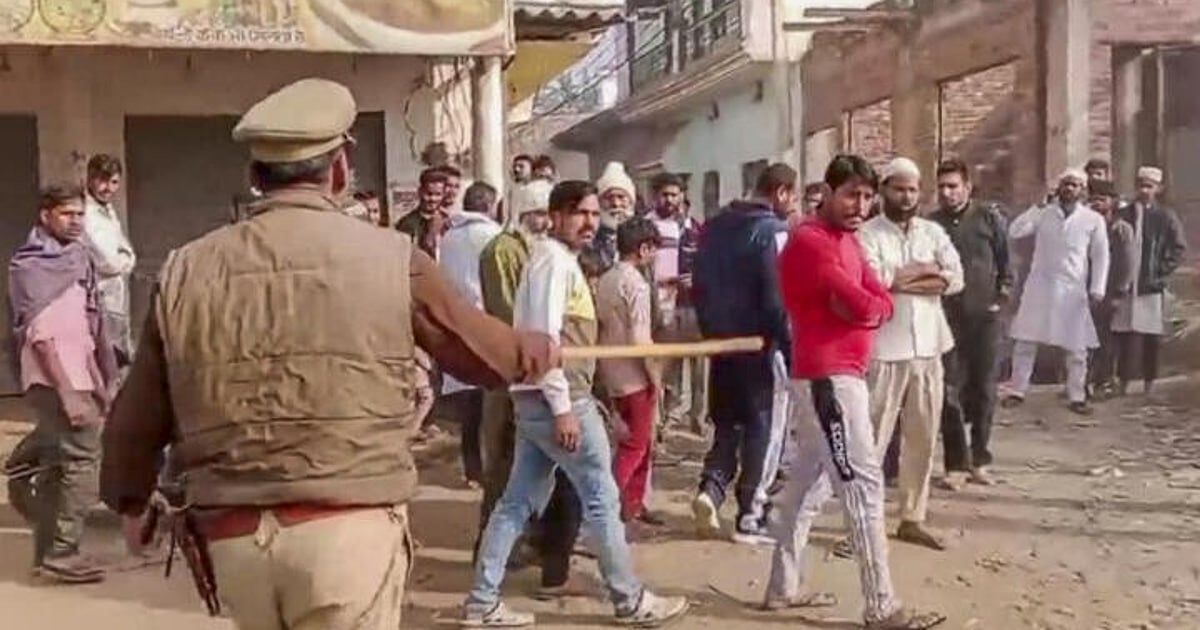 |
|
The recent by-elections held across several Indian states, including Uttar Pradesh, Punjab, Kerala, and Uttarakhand, have concluded with significantly low voter turnout. The bypolls, which took place on various assembly seats in these states, have highlighted concerns about voter engagement and participation in the democratic process. In Uttar Pradesh, a crucial state in Indian politics, the low turnout is particularly noteworthy. The state, known for its high political activity and significant influence on national elections, witnessed a concerningly low participation rate in these by-elections. The low turnout in Uttar Pradesh could be attributed to several factors, including voter apathy, a lack of compelling political narratives, or a general disillusionment with the political system. Further analysis is needed to fully understand the reasons behind this trend.
The relatively low voter turnout observed in other states participating in these by-elections further underscores a broader trend. In Punjab, while the turnout was slightly higher compared to Uttar Pradesh, it still fell below expectations. Similar patterns were observed in Kerala and Uttarakhand, indicating a potential nationwide concern regarding voter participation in smaller-scale elections. The implications of such low turnouts are significant. It potentially undermines the legitimacy of the elected representatives, as they may not truly represent the will of the people. It also raises questions about the effectiveness of electoral campaigns and the need for greater efforts to engage voters and encourage their participation in the democratic process.
Beyond the low voter turnout, the by-elections were also marked by several incidents that raised concerns about the integrity of the process. Reports of police personnel being suspended in Kanpur and Muzaffarnagar suggest potential irregularities or misconduct during the elections. The stone-pelting incident in Moradabad and the subsequent transfer of traffic personnel indicate a level of disruption and unrest that could have influenced the voting process. These incidents highlight the challenges faced in ensuring fair and transparent elections, even at the level of by-elections. It underscores the importance of robust security measures and effective mechanisms for addressing such incidents promptly and impartially. The impact of these incidents on the election results is something that requires thorough investigation.
The overall picture emerging from these by-elections is one of low voter participation and instances of procedural irregularities. The low voter turnout raises important questions about the state of Indian democracy and the engagement of the electorate. The incidents of police misconduct and disruptions necessitate a comprehensive review of security protocols and procedures during elections. The upcoming counting of votes on November 23rd will reveal the final outcome of these by-elections, but the low turnout and reported incidents serve as a clear indication that addressing the underlying issues is critical to ensuring the health and integrity of the Indian electoral system. Further research is needed to understand the specific reasons behind the low turnout, particularly in Uttar Pradesh, and to develop strategies to enhance voter participation in future elections. The analysis should consider socioeconomic factors, voter education initiatives, and the effectiveness of political campaigns in mobilizing voters.
The relatively low turnout in these by-elections also highlights the need for innovative approaches to voter engagement. Traditional methods of campaigning may not be effective in reaching and mobilizing younger demographics and other segments of the population. Exploring new technologies and strategies for voter outreach could be beneficial in increasing participation. Political parties need to engage in more substantive and engaging dialogues with voters, rather than relying on superficial campaigning techniques. This includes addressing the concerns of voters and demonstrating a genuine commitment to their needs and interests. Ultimately, strengthening the democratic process requires not just ensuring fair elections, but also actively encouraging the meaningful participation of all citizens.
In conclusion, the low voter turnout and the reported incidents during the recent by-elections in Uttar Pradesh, Punjab, Kerala, and Uttarakhand have raised significant concerns about the state of Indian democracy. While the official results will be announced soon, the implications of these findings are far-reaching. Addressing the underlying issues, including voter apathy, procedural irregularities, and the need for more effective voter engagement strategies, is crucial for ensuring the integrity and legitimacy of the electoral process in India. It's essential to learn from these by-elections and implement necessary changes to improve future electoral participation and processes. Further research, analysis, and policy reforms are needed to guarantee a more robust and representative democratic system.
Source: Killing in UP mars voting, turnout barely touches 50% in most states
